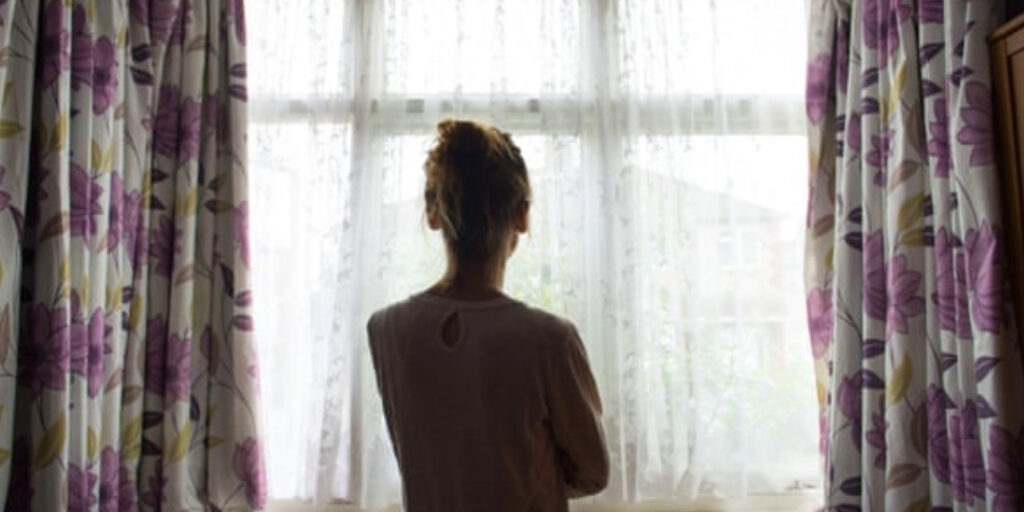Nearly 6,000 victims of human trafficking turned down government support last year, with many citing fears of deportation, distrust of the authorities, or concern for their personal safety, according to legal experts and new research findings.
Figures compiled by the British Institute for International and Comparative Law and the Human Trafficking Foundation, in partnership with the University of Oxford, reveal that a substantial number of victims rejected assistance offered under the National Referral Mechanism (NRM) — the UK’s framework for identifying and supporting victims of modern slavery.
Out of more than 19,000 referrals made in 2023, close to a third of potential victims declined formal support.
Motivations ranged from fear of their traffickers and reliance on alternative support networks, to a desire to move on from past trauma or reluctance to engage with British authorities.
A separate report by the organisation After Exploitation found that initial NRM decisions to deny support have surged dramatically — rising from 12% in 2022 to 47% by 2024.
Yet, despite the growing number of referrals, only 133 of over 51,000 victims recorded by the Home Office between January 2021 and May 2024 have pursued compensation.
Freedom of information data obtained by The Observer further indicates that between January 2020 and September 2023, 2,427 trafficking victims — primarily from Albania and Vietnam — were returned to their countries of origin, either voluntarily or through enforced removal. These included individuals who had been officially recognised by the UK authorities as genuine victims.
Liz Williams, Head of Policy Impact at the Modern Slavery and Human Rights Policy and Evidence Centre, warned that such findings point to “a system under immense strain,” adding: “Thousands declining statutory support reflects poor trust in authorities and the impact of hardline immigration policies that strip survivors of protections.”
Last month marked a decade since the Modern Slavery Act was introduced under former Prime Minister Theresa May. However, a House of Lords report published in October highlighted that just 2% of victims ever see their traffickers prosecuted. A separate study from the Modern Slavery and Human Rights Policy and Evidence Centre concluded that the number of victims may now exceed the number of convicted traffickers.
In a recent Commons debate, MP Craig Murray described the NRM as “all but broken down,” citing the average 831-day wait to process a trafficking case and a severe backlog. Safeguarding Minister Jess Phillips has pledged to eliminate this backlog by December 2026, announcing the hiring of 100 new staff.
Yet frontline lawyers say victims continue to be failed. Esme Madill, a solicitor with the Migrant & Refugee Children’s Legal Unit, said some Albanian victims had been retrafficked after their return.
She warned of young people being “chained by their ankles in grow houses, isolated for up to 23 hours a day,” and enduring life-threatening conditions. One teenage girl, she added, was returned to Albania despite fleeing trafficking, only to be forced into prostitution immediately upon arrival.
Williams urged a rethinking of policy: “A decade on, the promise of the Modern Slavery Act remains unfulfilled. Exploitation continues unchecked. We need a national strategy centred on prevention, addressing root causes like poverty and social exclusion.”
A Home Office spokesperson said: “We are working hard to clear the backlog in NRM decisions following a record number of referrals last year. Potential victims of modern slavery who are also asylum seekers will be treated with compassion, and no one will be returned to a country where they face a genuine risk of serious harm.”


